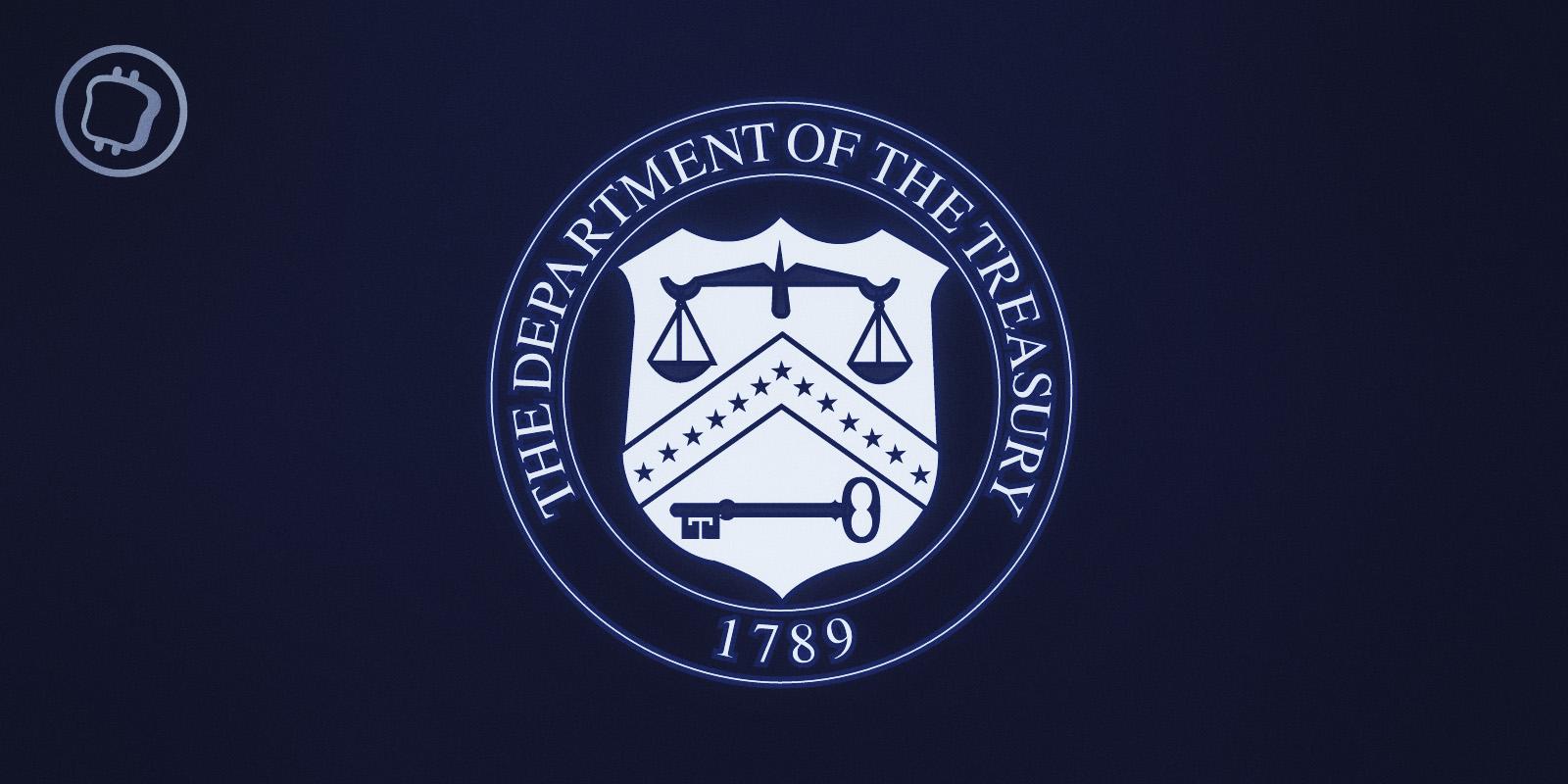After centralized platforms since the start of the year, is decentralized finance (DeFi) the next target for US regulators? In any case, this is what the latest report from the United States Treasury suggests. Let’s take a look at the arguments put forward.
US Treasury weighs in on DeFi risks
This week, the US Treasury released a 42-page report titled “Decentralized Finance Illicit Finance Risk Assessment” (Challenge). In this report, we find the usual arguments in the fight against money laundering and the financing of terrorism (LCB/FT).
Indeed, the Treasury believes that many ecosystem protocols should apply AML/CFT and Know Your Customer (KYC) verification requirements, imposed in particular by the banking law called “Bank Secrecy Act”.
Here we find the principle of extraterritoriality dear to the United States, by virtue of the fact that Americans use these protocols.
Moreover, exploiting loopholes in the ecosystem, among others, by the North Korean hacker group Lazarus is also implicated. Note that mixers, decentralized exchanges (DEX) or even interblockchain bridges are also cited as sources that can facilitate the laundering of illicit funds.
👉 To go further — What is decentralized finance (DeFi)?
Trade on the leading DEX
⛓️ A platform at the heart of DeFi

🎧 Listen to this article and all other crypto news on Spotify
Decentralization questioned
If the idea of applying laws to an ecosystem that nevertheless wants to be stateless and apolitical can raise questions, there is still a relevant problem that emerges from this report: the degree of decentralization.
Indeed, on many points, a protocol may not be truly decentralized, whether through the blockchain on which it is built or the influence of the entity in charge of its development. In short, many points of centralization existand it is a reality that in the ecosystem, the term “decentralized” is sometimes more marketing than reality.
These are therefore points that are indeed worth monitoring, and that the community must take into account to create truly decentralized protocols.
Nevertheless, the US Treasury recognizes that some solutions are developing to limit illicit activity. The oracles allowing the blocking of addresses sanctioned by the Office of Foreign Assets Control (OFAC) are cited, or the arrival of zero-knowledge proofs which, after prior verification, prove for example that an identity has been verified without having to reveal it.
Furthermore, although this report calls on the United States to strengthen their oversight of DeFihe also conceives that criminal activities in cryptocurrencies are only a drop in the bucket compared to finance as a whole:
“This report, however, recognizes that illicit activity is a subset of overall activity within the DeFi space and, at present, the DeFi space remains a minor part of the overall asset ecosystem. virtual. Additionally, money laundering […] and terrorist financing most often occur using fiat currency or other traditional assets as opposed to virtual assets. »
👉 To read also — The Banque de France is considering the creation of a mandatory KYC in DeFi
Our service dedicated to cryptocurrency investors. Get real-time analytics and optimize your crypto portfolio.

Source: US Treasury
Newsletter 🍞
Receive a summary of crypto news every Monday by email 👌
What you need to know about affiliate links. This page presents assets, products or services relating to investments. Some links in this article are affiliated. This means that if you buy a product or register on a site from this article, our partner pays us a commission. This allows us to continue to offer you original and useful content. There is no impact on you and you can even get a bonus by using our links.
Investments in cryptocurrencies are risky. Cryptoast is not responsible for the quality of the products or services presented on this page and could not be held responsible, directly or indirectly, for any damage or loss caused following the use of a good or service highlighted in this article. Investments related to crypto-assets are risky by nature, readers should do their own research before taking any action and only invest within the limits of their financial capabilities. This article does not constitute investment advice.
AMF recommendations. There is no guaranteed high return, a product with high return potential involves high risk. This risk-taking must be in line with your project, your investment horizon and your ability to lose part of this savings. Do not invest if you are not ready to lose all or part of your capital.
To go further, read our Financial Situation, Media Transparency and Legal Notices pages.










